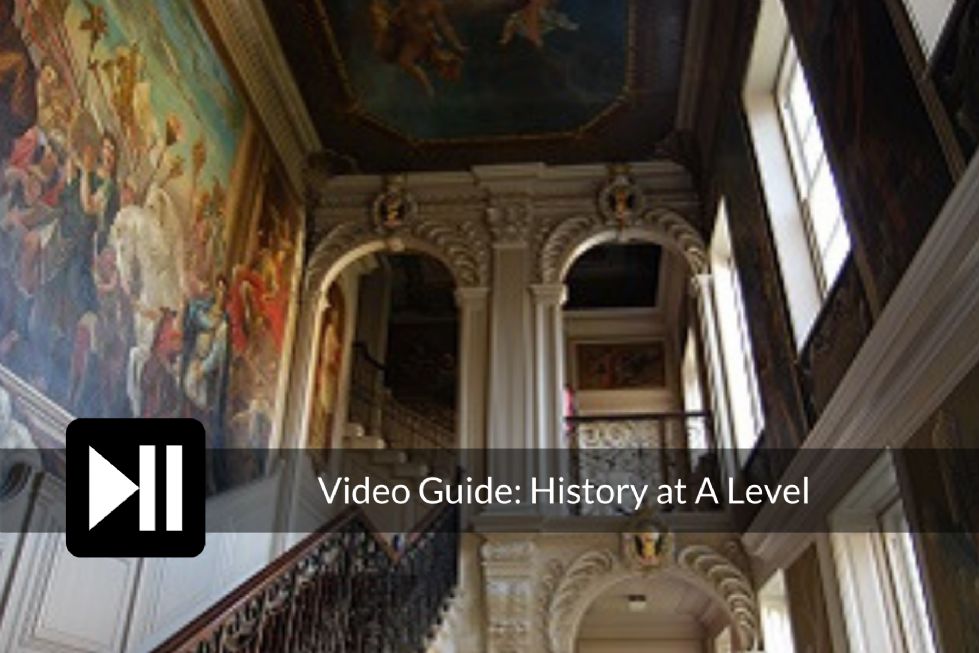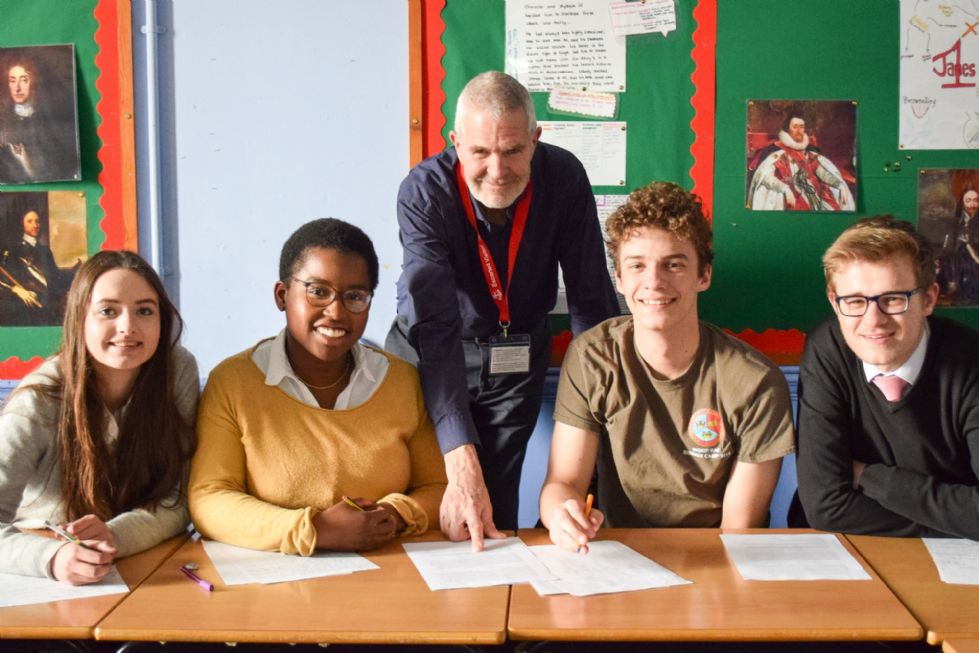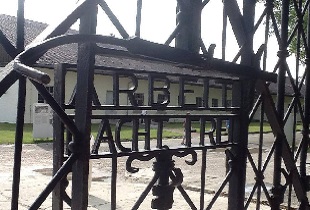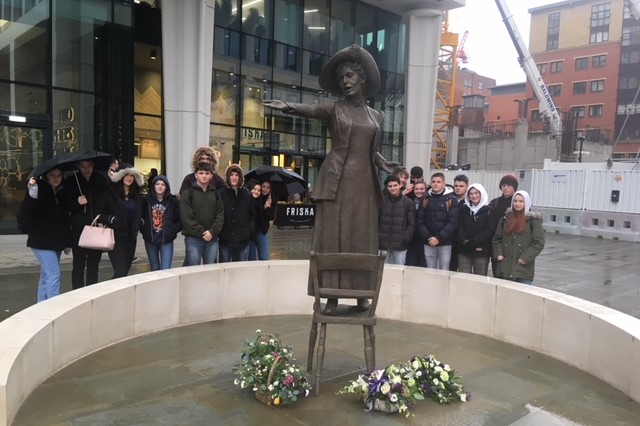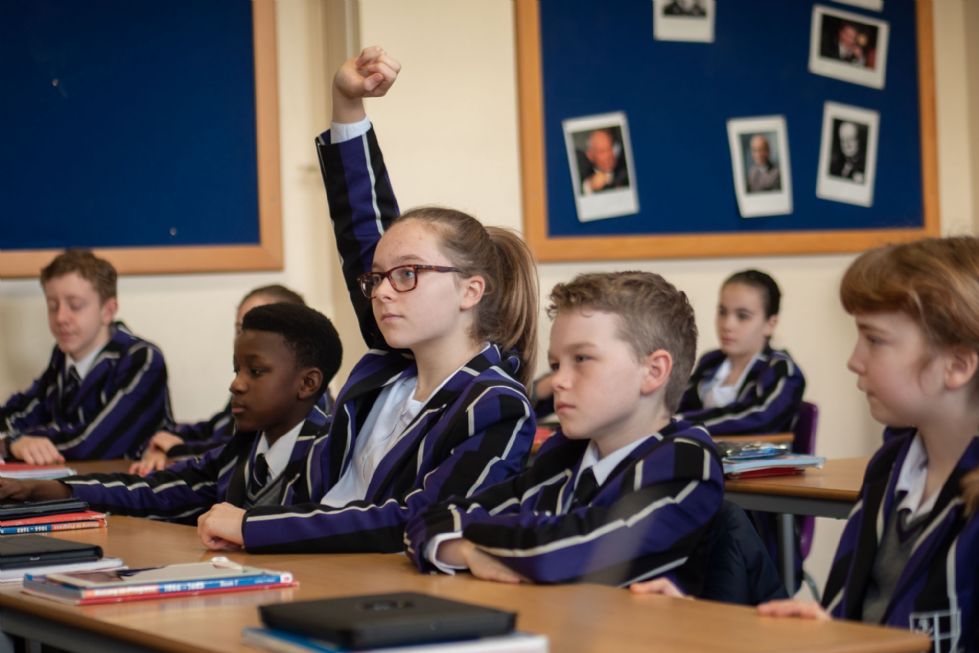History
Kimbolton is steeped in History. As a medieval motte and bailey, the final home of Queen Catherine of Aragon, and the former seat of the duke of Manchester, Kimbolton is a fine venue in which to embrace and experience History. The study of History generates satisfying enjoyment through persistent enquiry and the Department aims to enable and support all students, especially those who are curious about the past, seek to understand their present and future, and enjoy stories laced with human triumph and tragedy.
Departmental Staff
Curriculum
First to Third Forms – compulsory for all pupils
First Form historians spend much of their first year at Kimbolton exploring the complex and tangled social and political histories of Medieval and Tudor Britain. They assess and evaluate the impact of regime change under the Normans, comprehend the role of religion in everyday life and explore the challenges brought about by social movements and religious dispute. Additionally, students are encouraged to appreciate broader, global History via a study of the Islamic Golden Age and interactions with Western Christendom during the Middle Ages. These are complemented with local studies of Kimbolton through which students gain a full appreciation for the history of the area.
During the Second Form, students grapple with the concepts of revolution, empire and social development in the Early Modern period. Enquiries include where the Age of Imperialism was wholly destructive; do all revolutions end badly?; and who ‘won’ out of from the Industrial Revolution. Students will hone an appreciation for Britain’s role within global history, as well as understanding where the modern state in which we live has originated.
Third Form embark on an epic study of the turbulent 20th Century. Change and continuity in Britain, the fight for female suffrage, the collapse of peace in 1939, and snapshots of the Second World War facilitate enquiries into turning points, consequences, why historians disagree, and important moral questions pertaining to the age and beyond.
Fourth and Fifth Forms – GCSE optional subject
- Cambridge IGCSE History (0977)
- Assessed via two exams and one piece of coursework.
History is not merely the study of past events, but the analysis of how historic moments continue to shape the world we live in today.
In this course students focus on the turbulent and confrontational events of the 20th Century: international political developments, the role of ideology, the impact of individuals, and the impact of both peace and conflict on nations and societies. The course is divided between two broad themes: International Relations since 1919 and an in-depth study of Germany, 1918-45. Focus points include: “To what extent was the League of Nations a success?”, “How effectively did the USA contain the spread of Communism?”, “Why was Hitler able to dominate Germany by 1934?”, and “What was it like to live in Nazi Germany?”
During their studies students will gain an understanding of key historical concepts: cause and consequence, change and continuity, and similarity and difference. They hone the skills of investigation, analysis, evaluation and communication, and gain an appreciation and understanding of Britain’s role in European and Global History. Being trained as a historian will allow students to think clearly and boldly, equip them with the tools to debate, and allow for opinions to be heard.
Upper Sixth Form – A Level optional subject
A key aim of History teaching in the Sixth Form is to enable students to develop independent study skills and to foster genuine curiosity and passion for the subject. Considered a ‘cornerstone’ subject by top universities, History is the ideal study for those pursuing Humanities-related degree courses, with lessons designed to prepare students for academically rigorous pursuits at university level.
The A Level course allows students to delve into both a depth study and a breadth study concurrently. Owing to the expertise within the Department, we are able to offer a variety of topics. These include ideologically-driven depth studies on either the French Revolutionary era (1774-1815) or Russian Revolutionary period (1917-53). Additionally, the British breadth study covers either the crises of Stuart England (1603-1702) or the challenge and transformation in Britain during the 19th and 20th centuries (1851-1964).
Both the depth and breadth studies are examined assessments, each constituting 40% of the A Level. Both papers require structured essays and, at times, the assessment and evaluation of historical perspectives or contemporary source material. The Historical Investigation (coursework) makes up the remaining 20% of the A Level and requires students to undertake an extended piece of writing on a topic spanning one hundred years. This will be partially taught, however, there will be an onus on students to conduct rigorous independent research ahead of completion.
- View our Sixth Form Prospectus
Extra-Curricular Activities
History is superbly complemented by experiences beyond the classroom. All Kimbolton historians are encouraged to become members of the Enlightenment Society – a student-led, cross-disciplinary enterprise which offers opportunities to explore broader themes and topics in History, PRE and English.
Furthermore, the Department supports ambitious Sixth Form historians with extension sessions. This is designed to challenge, support and prepare those who are seeking read a History-related subject at undergraduate level, and particularly seeks to prepare potential Oxbridge candidates.
Regular Trips
- First to Third Form: A day visit to Warwick Castle at the end of First Form enhances student appreciation for medieval Britain and castle evolution. Third Form are offered the opportunity of a three-day residential visit to First World War Battlefields in Belgium and France, alongside the English Department. This includes visits to key sites and major memorials at Ypres and the Somme. Third Form studies are further complemented with a day visit to the Imperial War Museum at Duxford to enhance understanding of the Second World War.
- GCSE-related: The Department runs an annual residential visit to either Berlin, Bavaria or Poland for Fourth Form historians. The option alternates annually, and will provide students with an understanding of life in Weimar and Nazi Germany, the history of Jewish persecution, an appreciation of the Holocaust and Germany during the early years of the Cold War. The tour ideally complements the IGCSE topics covered in International Relations 1919-89 and the Germany Depth Study 1918-45.
- A Level-related: Students have the opportunity to visit key sites pertaining to their course studies. These include residential visits to Russia – Moscow and St Petersburg – every two years; Dublin or Manchester, to complement studies of Victorian Britain in transformation; and Sixth Form study conferences on a wide variety of issues.
